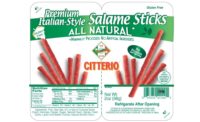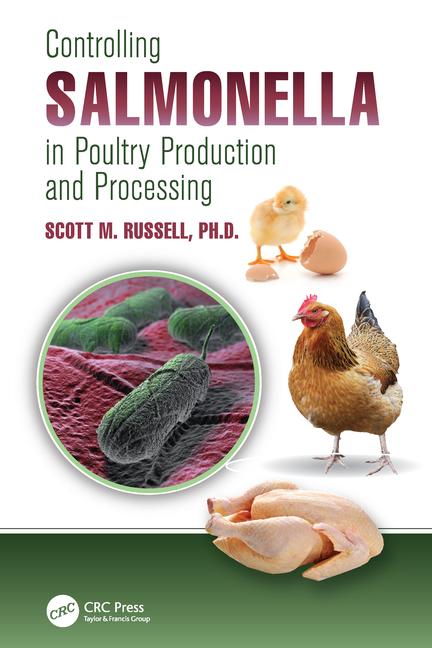Foster Farms, a Livingston, Calif., based establishment, is recalling an undetermined amount of chicken products that may be contaminated with a particular strain of Salmonella Heidelberg, the U.S. Department of Agriculture’s Food Safety and Inspection Service (FSIS) announced. FSIS requested Foster Farms conduct this recall because this product is known to be associated with a specific illness.
The recalled product includes fresh chicken products sold by retailers under Foster Farms or private label brand names, with varying “use or freeze by” dates ranging from March 16 through March 31, 2014, and frozen Sunland Chicken products with “best by” dates from March 7 through March 11, 2015. The products subject to recall bear the establishment number “P6137,” P6137A” or “P7632” inside the USDA mark of inspection. The chicken products were produced from March 7 through March 13, 2014. These products were shipped to Costco, Foodmaxx, Kroger, Safeway and other retail stores and distribution centers in Alaska, Arizona, California, Hawaii, Idaho, Kansas, Nevada, Oklahoma, Oregon, Utah and Washington. The list of products subject to recall can be accessed here. FSIS will continue to update the list as more information is available. FSIS and the company want the public to be aware that the products are most likely no longer available for purchase, but may be in consumers’ freezers.
FSIS was notified by the Centers for Disease Control and Prevention (CDC) of a Salmonella Heidelberg illness on June 23, 2014, associated with the consumption of a boneless skinless chicken breast product. Working in conjunction with CDC, FSIS determined that there is a link between boneless skinless chicken breast products from Foster Farms and this illness. Based on FSIS’ epidemiological and traceback investigations, one case-patient has been identified in California with an illness onset date of May 5, 2014.
This illness is part of an ongoing outbreak being monitored and investigated by FSIS and CDC. Until this point, there had been no direct evidence that linked the illnesses associated with this outbreak to a specific product or production lot. Evidence that is required for a recall includes obtaining case-patient product that tests positive for the same particular strain of Salmonella that caused the illness, packaging on product that clearly links the product to a specific facility and a specific production date, and records documenting the shipment and distribution of the product from purchase point of the case-patient to the originating facility. Additional information about the illness outbreak may be found on CDC’s website at www.cdc.gov. FSIS continues to work with CDC on this investigation and provides updated information as it becomes available.
Source: FSIS




Report Abusive Comment